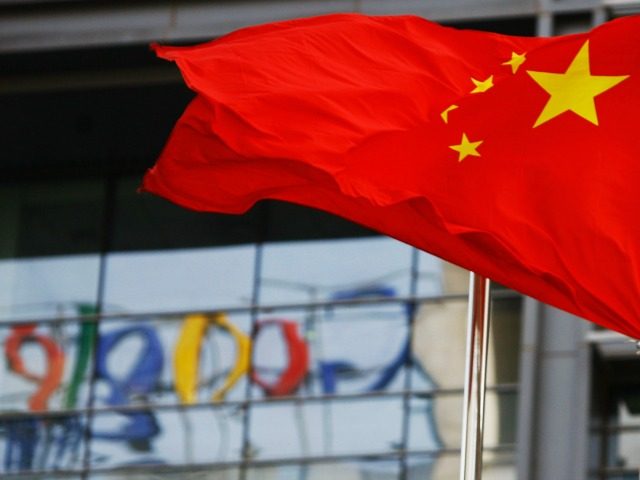An op-ed in The Washington Post on Friday made the ethical case for Google’s plans to create a censored search engine to meet the demands of the Chinese Communist Party.
The piece, written by Thomas Jungbauer, an assistant professor of strategy and business economics at the Samuel Curtis Johnson Graduate School of Management at Cornell University, argues that Google’s plans may actually allow for the spread of free speech and democracy as it would serve as a reminder of what topics the regime wants censoring.
“Disclaimers on blocked sites would serve as a constant reminder of the state’s ubiquitous censorship,” he writes. “They could also indicate to users which topics the Chinese authorities don’t want openly discussed. The bigger Google’s market share in China, the more effective this reminder would be.”
Jungbauer goes on to argue that the presence of an American technology giant such as Google would in fact help upend China’s current system of solely state-run companies.
Would a major market presence in China allow Google to upend the status quo, little by little? History suggests it could. Knowledge gradually trickling into centrally planned economies during the Cold War contributed to the downfall of many authoritarian governments. Just a few years ago, technology empowered opposition movements during the Arab Spring.
“The power of any oppressive government in the short term is a direct function of its level of control and organization, as well as its military strength. The system’s long-run stability, however, depends on the authorities’ ability to shield its citizens from outside information to prevent a critical mass demanding change.
The article is somewhat in contrast to another op-ed in The Washington Post by columnist Josh Rogin, who denounced Google’s plan as “evil” and “bad for business:”
If Google does launch a censored search engine, it will be complicit in mass surveillance, broad Orwellian social control and the suppression of free speech. But that’s not the only reason Google’s foray into China is so disastrous. The company would be placing its people and its assets at huge risk by putting its future in the hands of the Chinese government. The record shows that rarely works out well.
On Thursday, the Intercept also reported that Google employees had written a letter to the company’s leadership demanding ethical explanations for their plans to work with China, while expressing fear that the plans could “contravene widely accepted principles of international law and human rights.”
“Currently we do not have the information required to make ethically-informed decisions about our work, our projects, and our employment,” the employees wrote in their letter. “That the decision to build Dragonfly was made in secret, and progressed with the [artificial intelligence] Principles in place, makes clear that the Principles alone are not enough.”
We urgently need more transparency, a seat at the table, and a commitment to clear and open processes: Google employees need to know what we’re building,” it concluded.
Follow Ben Kew on Facebook, Twitter at @ben_kew, or email him at bkew@breitbart.com.

COMMENTS
Please let us know if you're having issues with commenting.